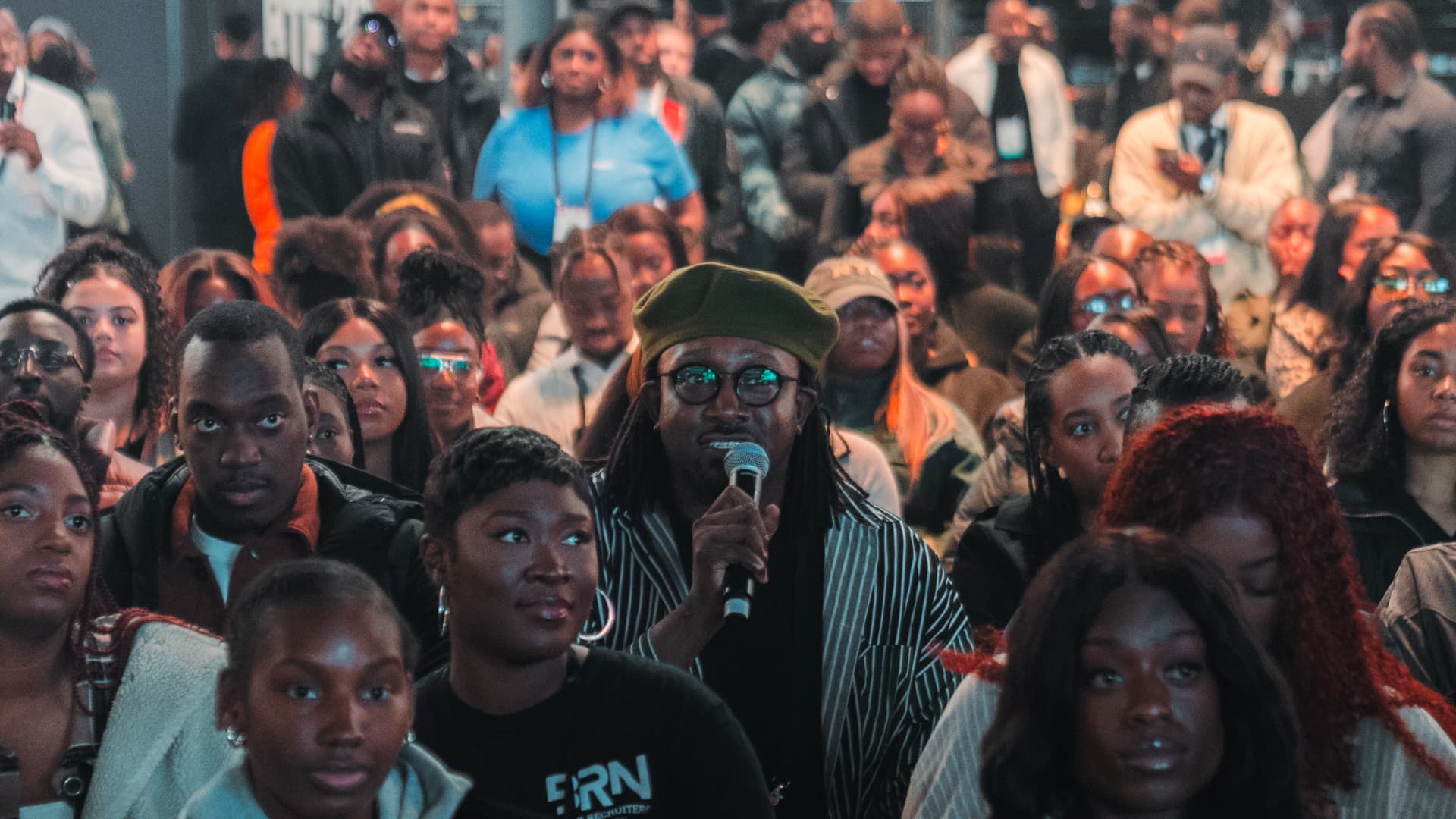Connect with us
Published
2 months agoon
By
admin
Ayesha Ofori, a former Goldman Sachs executive, faced significant challenges securing funding for her female-focused investment platform, Propelle, despite her strong credentials including experience at Morgan Stanley and an MBA from London Business School. Ofori encountered numerous rejections from venture capitalists, who often cited her lack of experience while she felt that her race and gender were factors in her struggle. In the UK, Black founders receive a disproportionately small share of venture capital, with only 0.23% of funding in 2018, and a slight increase to 1.13% in 2021 before dropping to 0.95% in 2023. Ofori and other Black founders articulate systemic challenges, including racial stereotypes and competition among minority entrepreneurs for limited funding. Some have found success leveraging community support and “friends and family” funding; for instance, Ofori gained traction after receiving investment from Google’s Black Founders Fund. Despite the diversity and inclusion momentum following the Black Lives Matter movement, long-term investment in Black communities remains inadequate, highlighting a need for more inclusive leadership within venture capital. The disparity in funding could have broader implications for the tech sector’s growth and innovation in Britain.













